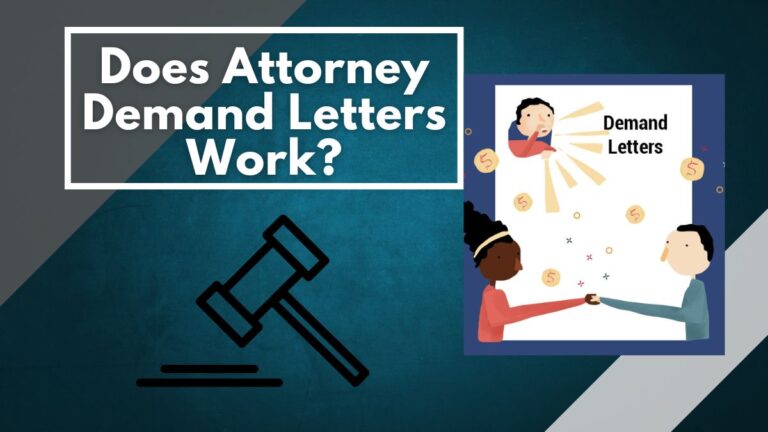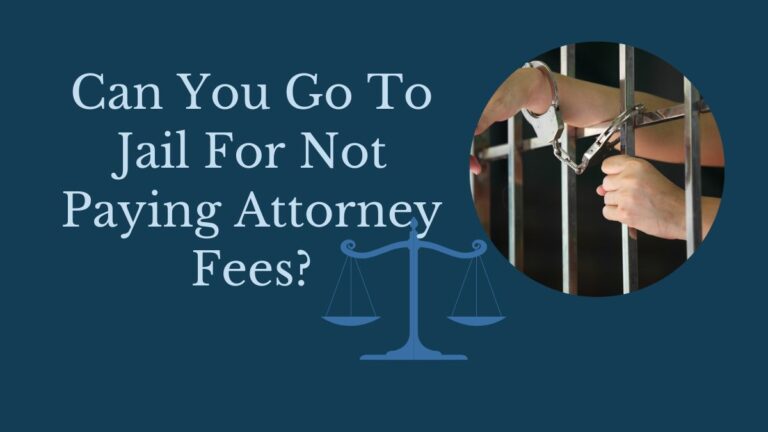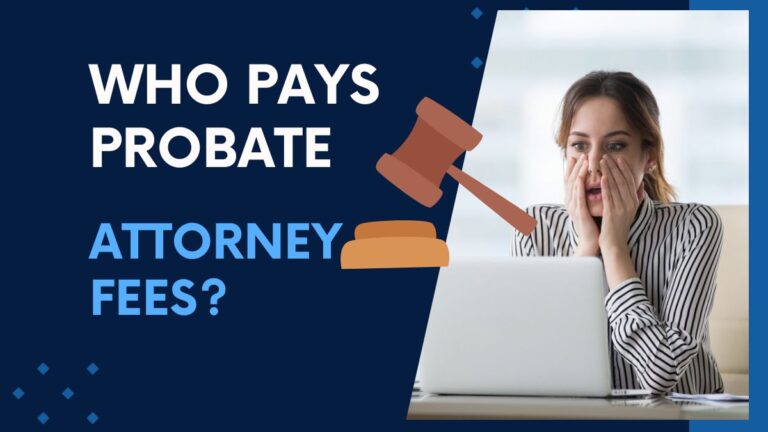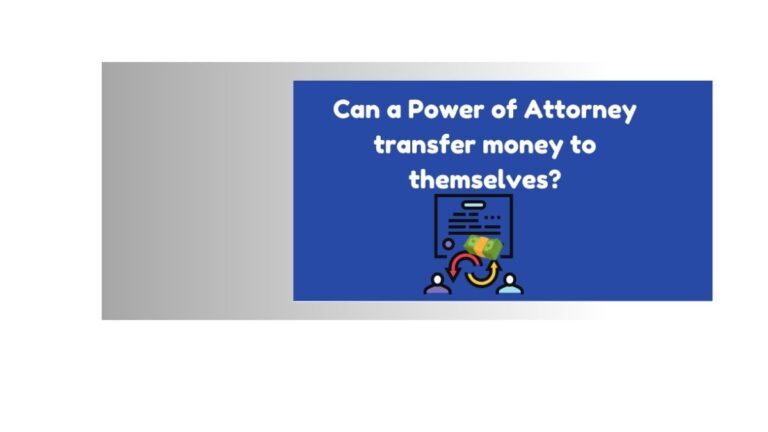How Much Do Elder Law Attorneys Charge?
Elder Law Attorneys specialize in legal issues that affect older adults. They can help with a wide range of issues, including estate planning, long-term care planning, and guardianship. Many elder law attorneys also have experience with Medicare and Medicaid issues.
Elder law attorneys typically charge by the hour. Their rates can vary depending on their experience and location. However, many elder law attorneys offer free initial consultations. This allows you to get to know the attorney and decide if they are the right fit for your needs.
Types of Services Elder Law Attorneys Provide
Elder law attorneys provide a variety of services to their clients. The most common services they provide are:
- Advance Directives: An advance directive is a legal document that allows you to specify your medical care preferences in the event that you are unable to communicate them yourself. This can include things like whether or not you want to be resuscitated, what types of life-sustaining treatments you want (or don’t want), and who you want to make decisions on your behalf if you are unable to do so yourself. An elder law attorney can help you create an advance directive and ensure that it is properly executed and filed with the appropriate authorities.
- Guardianship/Conservatorship: If an elderly person becomes incapacitated and is unable to make decisions for themselves, a guardian or conservator may be appointed by the court to make decisions on their behalf. A guardianship typically covers medical decisions, while a conservatorship covers financial decisions. An elder law attorney can help you petition the court for appointment as guardian or conservator, as well as help with the ongoing management of these responsibilities.
- Medicaid Planning: Medicaid is a government program that provides health insurance coverage for low-income individuals and families. In order to qualify for Medicaid, there are strict financial requirements that must be met. An elder law attorney can help you navigate the Medicaid application process and structure your finances in a way that maximizes your chances of qualifying for coverage.
Factors that Affect Legal Fees for Elder Law Attorneys
There are many factors that affect the legal fees charged by elder law attorneys. The type of case, the jurisdiction, the attorney’s experience, and the complexity of the case all play a role in determining how much an attorney will charge.
- Type of Case: Elder law encompasses a wide range of legal services, from estate planning to guardianship to long-term care planning. The type of case will determine the amount of time and work required, and thus the fee.
- Jurisdiction: Each state has different laws governing elder care and estate planning. An attorney who practices in multiple states will have a better understanding of the laws in each state and how they may impact your case.
- Attorney’s Experience: Elder law is a complex area of law with many moving parts. An experienced attorney will have a better understanding of the law and how to navigate the various issues that may arise in your case.
- The complexity of Case: A simple estate plan may not require as much time or work as a more complex estate plan that includes trusts, tax planning, and asset protection strategies. The more complex the case, the higher the fee will be.
There are a few common fees that elder law attorneys charge for their services. These include
- Hourly rate: Many elder law attorneys charge by the hour, and their rates can vary depending on their experience and location. Expect to pay anywhere from $100 to $500 per hour for an experienced attorney.
- Flat fee: Some attorneys will charge a flat fee for specific services, such as estate planning or help with applying for Medicaid benefits. Flat fees can range from a few hundred dollars to several thousand, depending on the complexity of the work involved.
- Retainer: A retainer is a deposit that you pay upfront, which the attorney then uses to cover his or her time and expenses in working on your case. Retainers can be refundable or non-refundable, and they typically range from $500 to $5,000.
- Contingency fee: With a contingency fee arrangement, you only have to pay the attorney if he or she succeeds in getting you the desired outcome—such as winning your disability benefits claim or recovering damages in a lawsuit. Contingency fees are usually a percentage of the amount recovered, and they can range from 25% to 40%.
How to Find an Affordable Elder Law Attorney
There are a number of ways to find an affordable elder law attorney. One way is to ask for referrals from friends or family members who have used an attorney in the past. Another way is to contact your local bar association or legal aid office for referrals. You can also search online for attorneys who specialize in elder law.
Once you have a list of potential attorneys, you should contact each one and ask about their fees. Be sure to ask if they offer a free initial consultation. Many attorneys will offer a reduced rate for clients who are 65 years of age or older. You should also inquire about payment plans or sliding scale fees.
After you have interviewed several attorneys, you should choose the one that you feel most comfortable with and who offers the best value for your needs.
Conclusion
Elder law attorneys provide invaluable services to those who are seeking legal advice and assistance related to their elderly family members. While it is important to consider the cost of any attorney’s services, ultimately it is more important that one finds an experienced elder law attorney they can trust.
This will ensure that the lawyer provides sound advice in a timely manner and understands the needs of their client. By doing your research and finding out what an elder law attorney charges for their services, you can make sure you get quality representation at a fair price.






